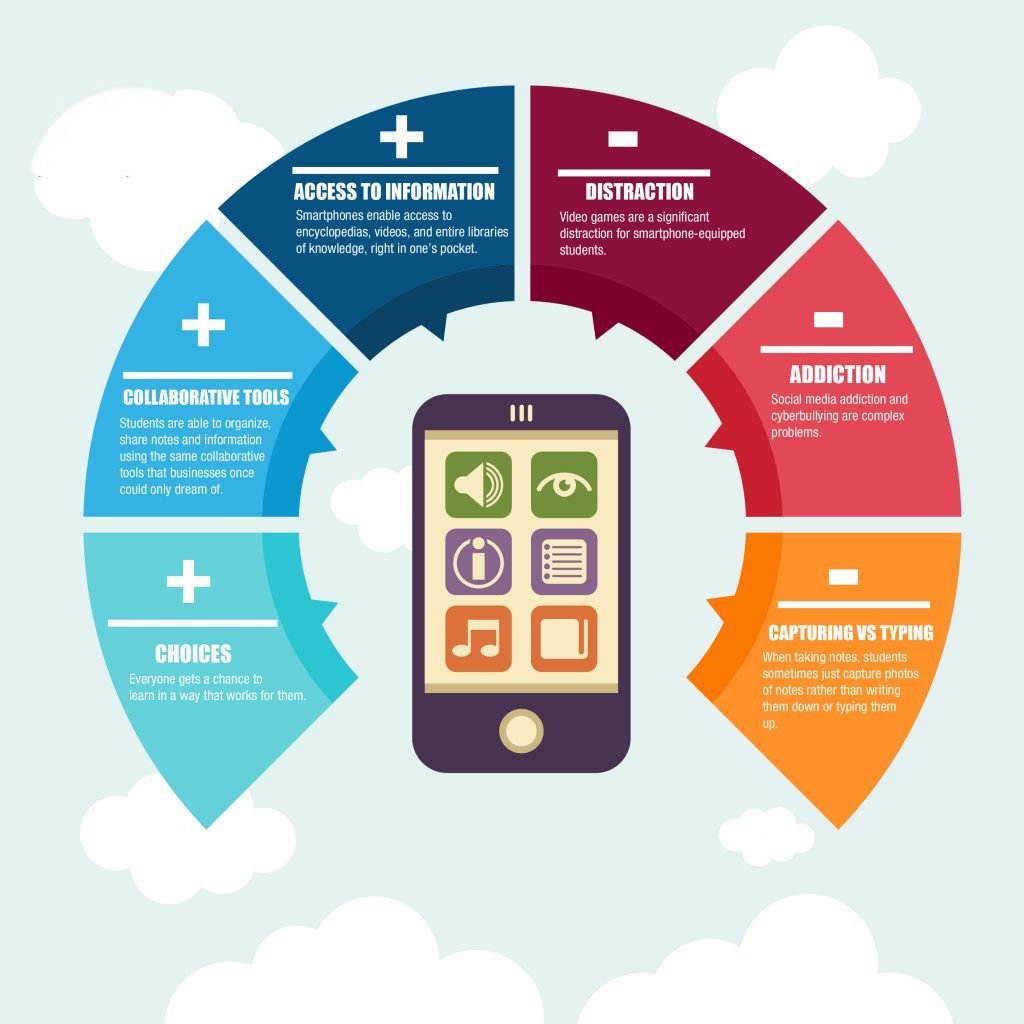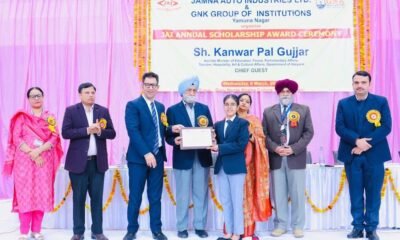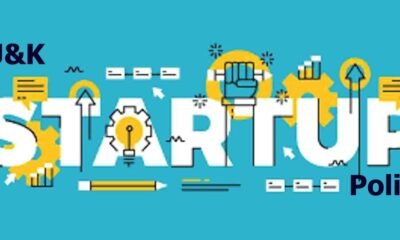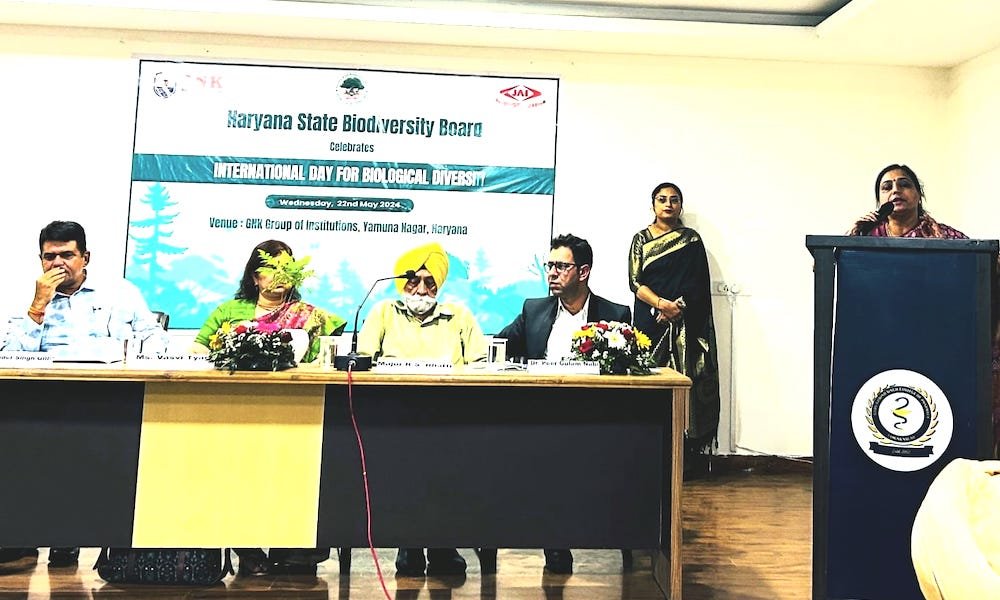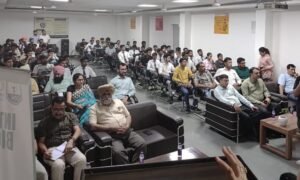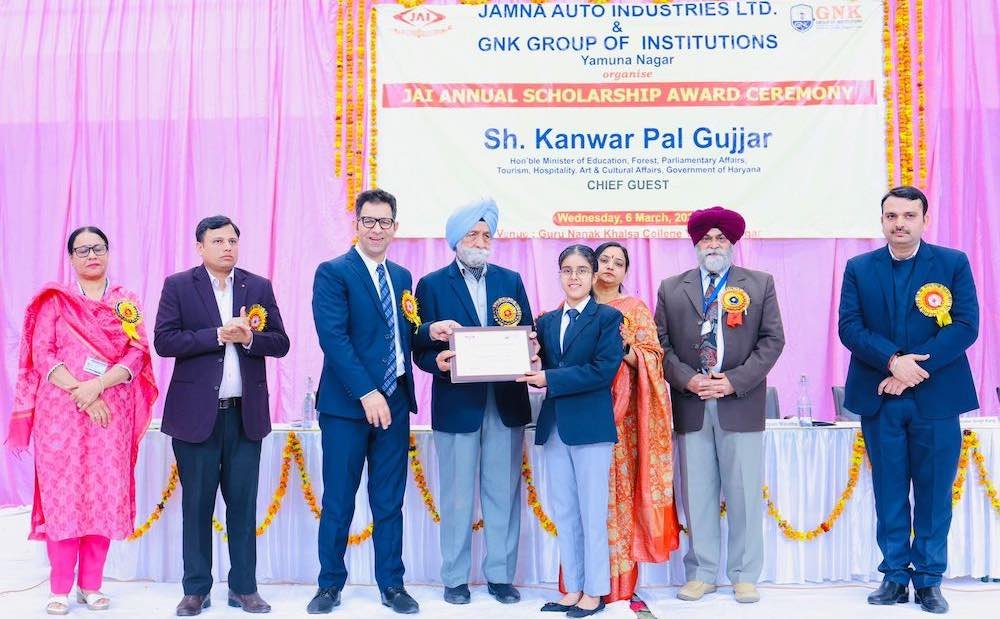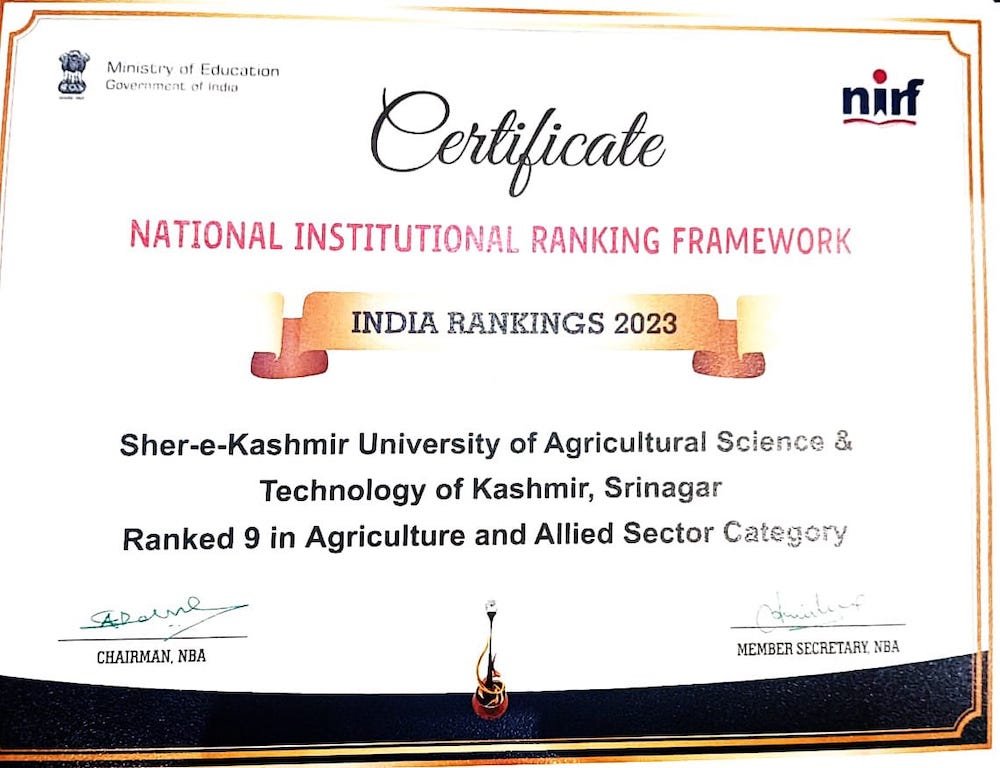Khalid Dar
Digitalization is the process of converting information into a digital form. In education, it can be used as a means to increase the efficiency of teaching and learning processes.
Smartphones in Educational System. In this era where one of the most significant challenges facing our society is teaching children all the necessary skills for growing up in a technology-dominated age, it seems imperative that we equip them with the knowledge necessary for them to follow best practices when using new technologies such as smartphones. The digital age has revolutionized the way we do things and so has it changed the way people are getting educated. There is a lot of debate now among people and educators about whether technology should be a part of essential education or not. Some have argued that it helps to apply life skills that can be used in real-life situations, while others think that it distracts students from learning more traditional skills. But as technology progresses, it’s becoming harder to ignore its influence on our lives—especially in the field of education. And with time, banning mobile phones will become an ineffective solution as they are being made more powerful and sophisticated by the day.
With the help of digital tools, students can learn at their own pace and time. They can also access information from all over the world without any geographical boundaries. (NDLI) National Digital Library of India, Project Gutenberg, Khan Academy, etc., are such examples of knowledge repository for students. This is why many schools are integrating digital education into their curriculum. Digital assets can be used to provide guidance and inform students about topics that are relevant in the modern world.
The role of digital assets in our education system has been a topic of discussion for many years. With the advent of new technologies, it is now possible for students to learn anywhere and at any time. We should not ban the use of smartphones in educational institutions. They provide a lot of benefits to the students and teachers. In developing nations like ours, children walk miles in order to get education. As more students are now able to afford smartphones and internet access, so their classrooms are now able to keep up. Smartphones can be a great tool for the education system, especially for poor students who cannot afford primary resources like paper, pencils, costly textbooks and reference books.
As technology continues to evolve, educators are using it more and more in the classroom. The advantages of mobile phones as an educational tool are increasing in numbers every day, making them an essential part of any curriculum plan. There is a research study that has proved that mobile phones can actually improve learning outcomes for students by reducing stress levels and making them more engaged with the lesson. Mobile devices provide an entry point for children to the eLearning world that has never had one before. They allow them to have access to educational materials at all times without having to travel miles just to go to the nearest library or school during the harsh winters or hot humid summers. A digital asset is a significant part of any educational program. They help students develop their digital literacy skills, as well as understand the consequences associated with getting on a particular website or app and how they can avoid them.—
Schools from across the globe are now turning to digital platforms for delivering content. Advantages of digital platforms for education are endless. They provide students with a wide range of resources, thereby giving them a diverse knowledge-base that is necessary for the future. Some of the examples of these resources include videos, eBooks, and simulations- all in one place. This helps students learn better and make connections between different topics which they probably would not have otherwise been able to do on their own. use of digital tools in the education system is becoming a trend. They can help improve students’ performance, it can also be used to capture their interest and provide them with the right kind of information. Digital assets are also making it easier for schools to track a student’s progress, thereby providing teachers with useful feedback that helps them plan their lessons better.
Mobile phones can be a boon for the education system. However, the adverse effects of smartphones in education cannot be ignored. Some studies have shown that academic performance declines when students use mobile phones excessively during lessons. But this does not justify a blanket ban on the use of smartphones by our students, to address this problem, schools should provide counselling to students and make them aware of the harms that illegal and excessive usage of digital devices can do to their academic performance. It is needed to have proper guidance for students to know how to use their mobile phones in an educational environment. This can lead to better efficiency of time, as well as better productivity in the classroom. Counselling plays a role in influencing students to use digital assets properly so that they do not hurt themselves while they are exploring new technology.
It is an important step for the future of our nation to promote digital assets in our education system. With this, remote students can learn better and more effectively. Digital assets are a great idea for the future of the Indian education system as it will provide many benefits to students – from being able to learn better and more effectively to the cost factor associated with teaching now a day.
The author is a teaching assistant in J&K Higher Education Department. You can reach him at Khalidbashir421@gmail.com

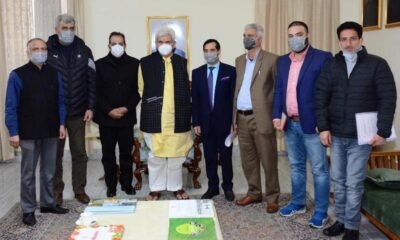

 Industry4 years ago
Industry4 years ago


 Economy2 years ago
Economy2 years ago
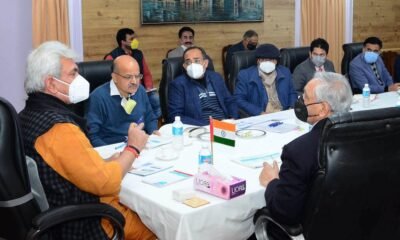

 Energy4 years ago
Energy4 years ago
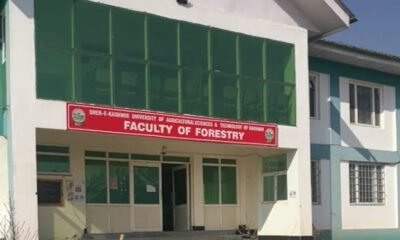

 Infra4 years ago
Infra4 years ago
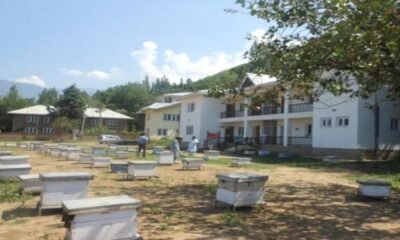

 AgriBiz4 years ago
AgriBiz4 years ago
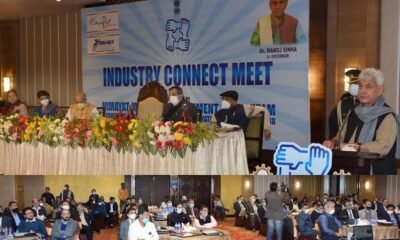

 Jobs5 years ago
Jobs5 years ago
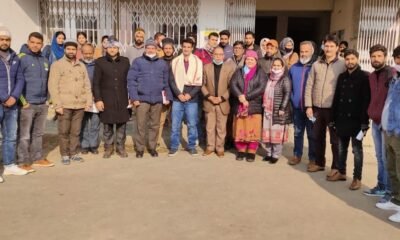

 Careers5 years ago
Careers5 years ago


 Industry5 years ago
Industry5 years ago
